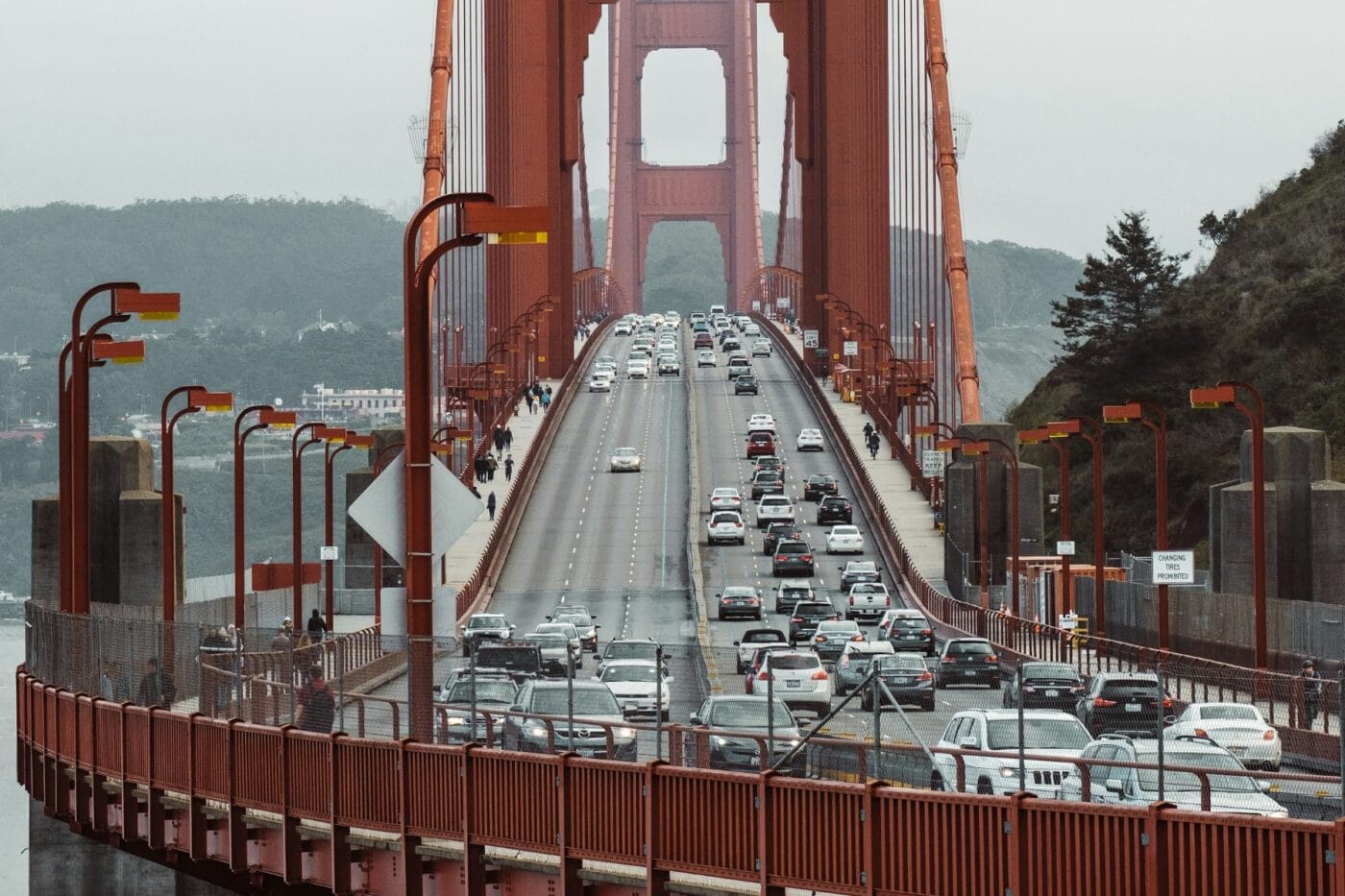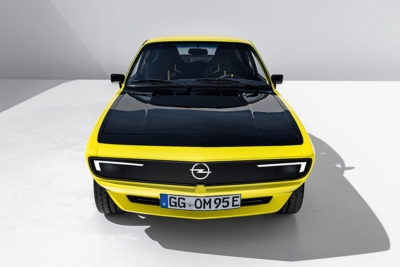US Supreme Court ruling threatens California’s EV mandate autonomy
The conservative-dominated Supreme Court has granted fuel producers the right to challenge California’s authority to impose its own emissions standards, potentially upending one of the most aggressive EV adoption plans in the country.
The decision, issued 7-2 on Friday, allows the legal challenge to proceed against a 2022 Environmental Protection Agency (EPA) waiver that had reinstated California’s autonomy under the federal Clean Air Act. This comes after oil and gas companies, along with 17 Republican-led states, had challenged the waiver, which let the Golden State enforce tougher emission standards than on a federal level. That included the state’s plan to end sales of new petrol-powered vehicles by 2035.
Justice Brett Kavanaugh, writing for the majority, stated: “The government generally may not target a business or industry through stringent and allegedly unlawful regulation, and then evade the resulting lawsuits by claiming that the targets of its regulation should be locked out of court as unaffected bystanders.”
The road to electrification remains rocky
At the heart of the dispute is whether entities such as Valero Energy’s alternative fuels subsidiary have the legal standing to contest regulations that, while aimed at reducing emissions and promoting EVs, indirectly affect fuel producers’ business models. The Supreme Court reversed a lower court ruling that had dismissed the suit on those grounds.
The EPA’s authority to grant California more stringent standards stems from decades of precedent under the Clean Air Act, which has allowed the state—due to its severe air quality challenges and market size—to serve as a de facto national policy driver. California has been granted over 100 such waivers historically.
This latest case, however, plays into a broader judicial trend. The court’s conservative majority has clipped regulatory agency powers across environmental policy domains in recent years, including rulings in 2022 and 2023 that weakened the EPA’s authority over carbon emissions and water protections.
Liberal Justice Ketanji Brown Jackson, dissenting alongside Justice Sonia Sotomayor, sharply criticised the decision. “This case gives fodder to the unfortunate perception that moneyed interests enjoy an easier road to relief in this court than ordinary citizens,” Jackson wrote, questioning the utility of taking up a case involving a mandate set to expire within months.
The decision arrives just weeks after President Donald Trump signed a congressional resolution to overturn California’s 2035 combustion vehicle ban—an action that has already drawn legal fire from California and a coalition of supportive states.
California has led electrification efforts in the US
For the electric mobility sector, the consequences could be significant. The news agency Reuters notes that California represents nearly 12% of all US auto sales. Moreover, its EV policies have set the pace for nationwide OEM strategies and supply chain investments. A court-sanctioned rollback of California’s authority could inject uncertainty into long-term decarbonisation efforts, ZEV credit programmes, and OEM planning.
Fuel producers argue the EPA has overstepped, claiming the waiver tilts the market unfairly by artificially suppressing liquid fuel demand. California and environmental advocates counter that the state’s policies are essential for reaching climate targets and accelerating EV uptake at scale.
This case now returns to lower courts for full consideration, potentially prolonging legal ambiguity as automakers continue electrification efforts under a cloud of regulatory instability. With federal emissions rulemaking already contested and fragmented across states, the decision deepens the fault lines in America’s e-mobility landscape at a critical juncture.
courthousenews.com, courthousenews.com (ruling; PDF), reuters.com





0 Comments